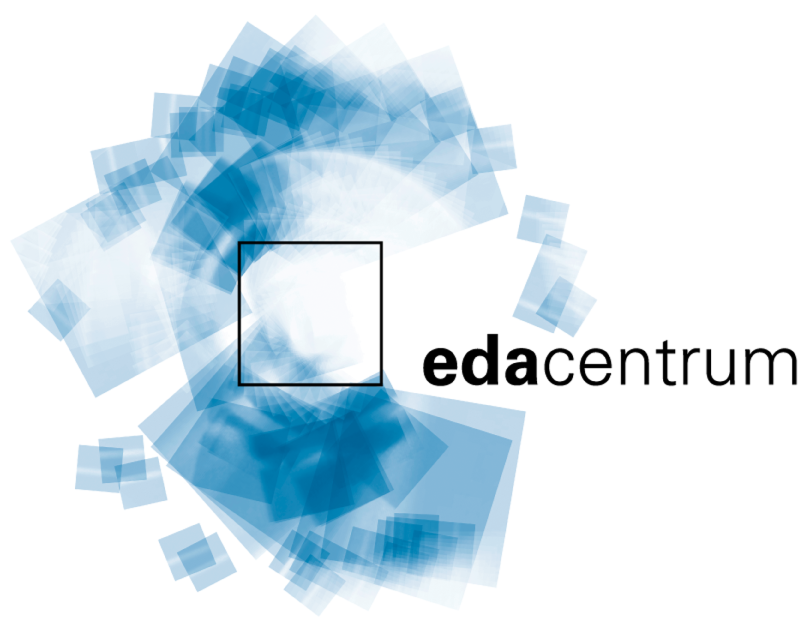Motivation and Goals
The founding of the edacentrum in 2001 was motivated by two pressing realities:
- Microelectronics and the ability to design complex microelectronic circuits and systems are advanced core competencies essential to Germany's overall economic performance, particularly its export success. Microelectronics is a key technology, pervasive in virtually all industries from automotive and mechanical engineering industries through to "smart" information and communication technology applications and services.
- Ever-shrinking production cycles and product lifecycles require design teams to design chips of ever-increasing integration density, within only a few months. Missing a market window can cost both revenue and critical market share, and even adversely affect the reputation of a company.
Given the rapid speed of innovation and the growing complexity of semiconductor technology, it is obvious that automating the design process with electronic design automation (EDA) methodologies and tools is fundamental to the successful design of microelectronics and nanoelectronics, and thus to the complex systems of the future.
However, it is impossible for a single company to develop all of the necessary EDA methodologies and tools alone. Consequently, assuring Germany’s future design expertise and capability requires concerted action by semiconductor and system companies, universities, research institutes and EDA vendors.
In pursuit of this objective, German industry - supported by the German Ministry of Education and Research (BMBF) - took the decisive step of establishing the edacentrum association. This step not only advances EDA within industry, but also elevates its importance within the public and political domains.
Starting from this overall vision, the edacentrum pursues the following strategic goals:
- Secure and develop Germany's leading position in many, diverse industrial fields, such as the automotive industry, industrial automation and medical technology.
- Improve the ability of German industry to turn ideas into world-class products using state-of-the-art electronic components.
- Concentration of EDA research capacity in Germany.
- Maintain continuity and coordinate approaches in the run-up to research projects.
- Strengthen EDA research by supporting both cooperation and the faster, more intensive transfer and dissemination of results.
- Better communication of Germany’s strengths in EDA and of the results in EDA R&D projects, as well as the substantive benefits of research funded by the Federal Government.
- Support for the German electronics industry in overcoming its specific EDA challenges.
- Increase awareness among management, the public and politicians, of the professional and economic consequences of the electronic "design gap" - the gap between the design complexity growth rate and the (lower) design productivity growth rate.
A realignment of objectives has taken place with the definition of the vision and mission.
